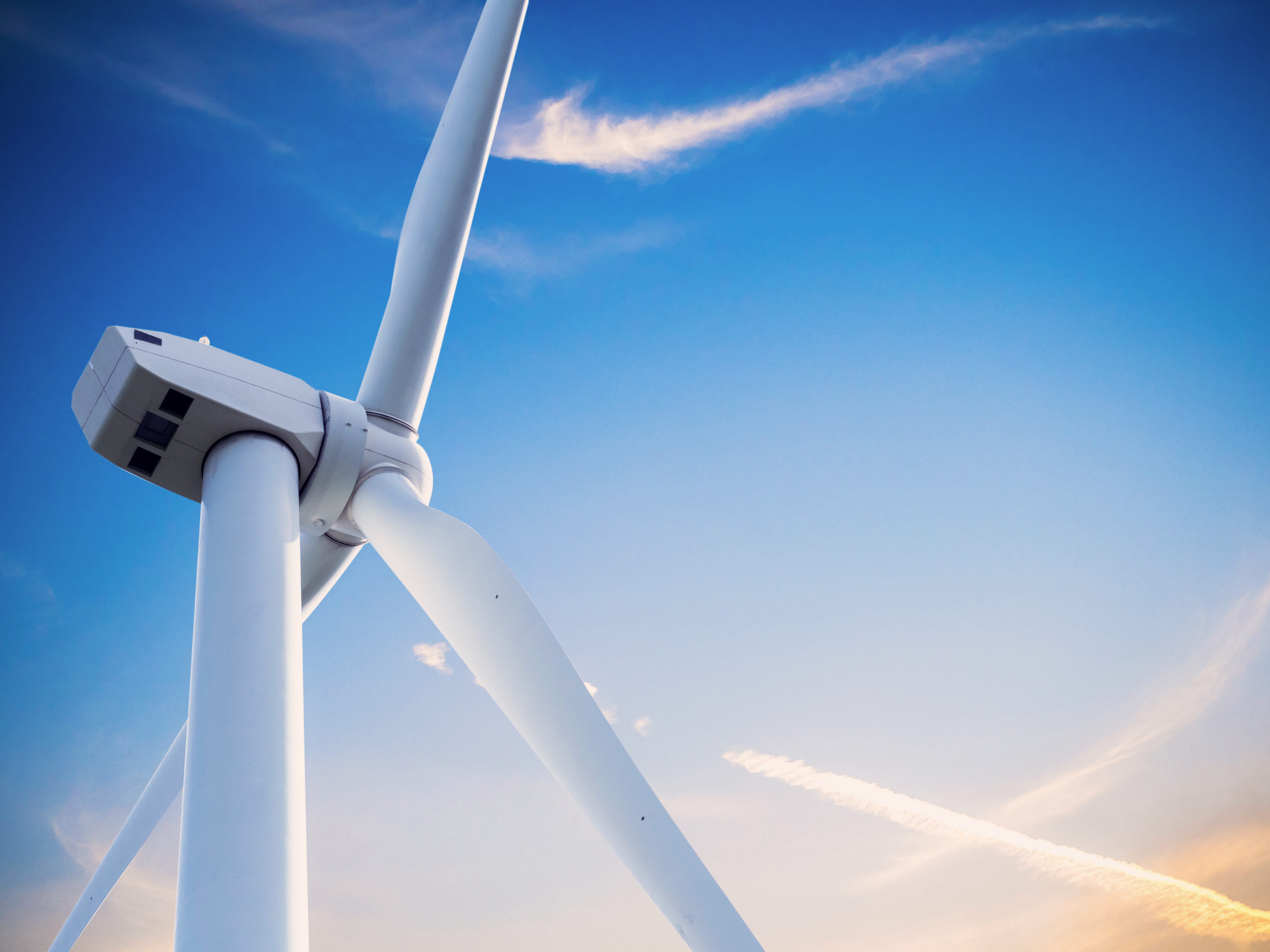
IEA: ‘Fossil fuel demand to high to limit global warming to 1,5°C’

According to Fatih Birol, IEA Executive Director, the urgent challenge is accelerating the pace of new clean energy projects /Belga
In its latest edition of the 'World Energy Outlook 2023', released on Tuesday, the International Energy Agency (IEA) says that "as things st


Comments
Ready to join the conversation?
You must be an active subscriber to leave a comment.
Subscribe Today